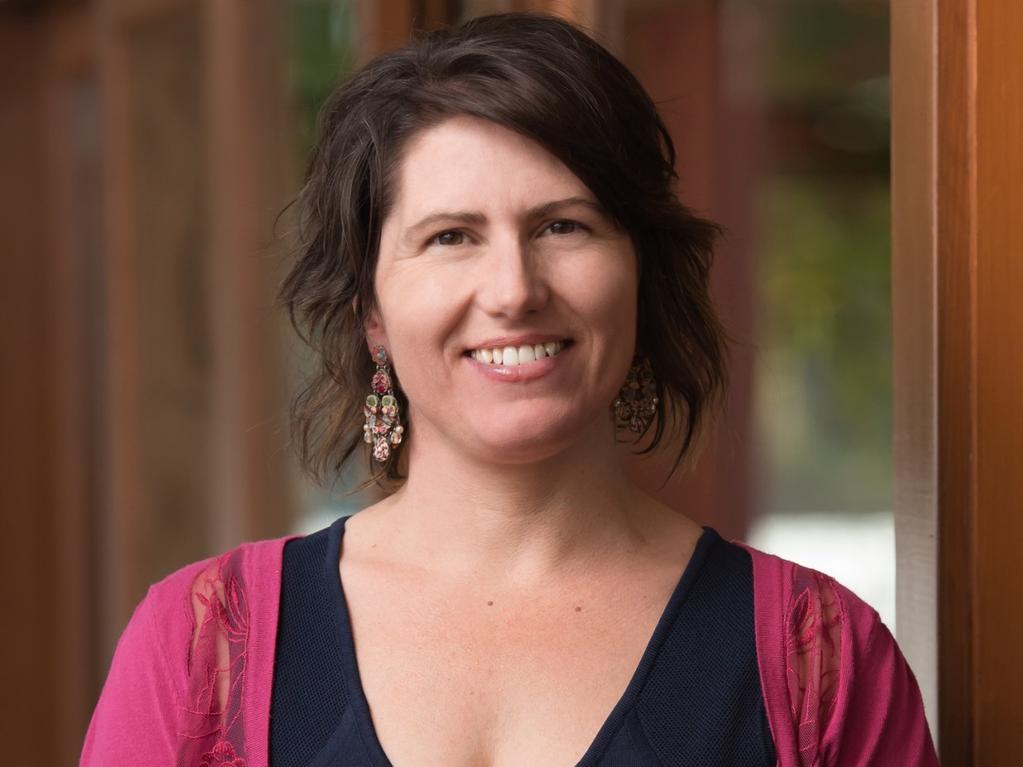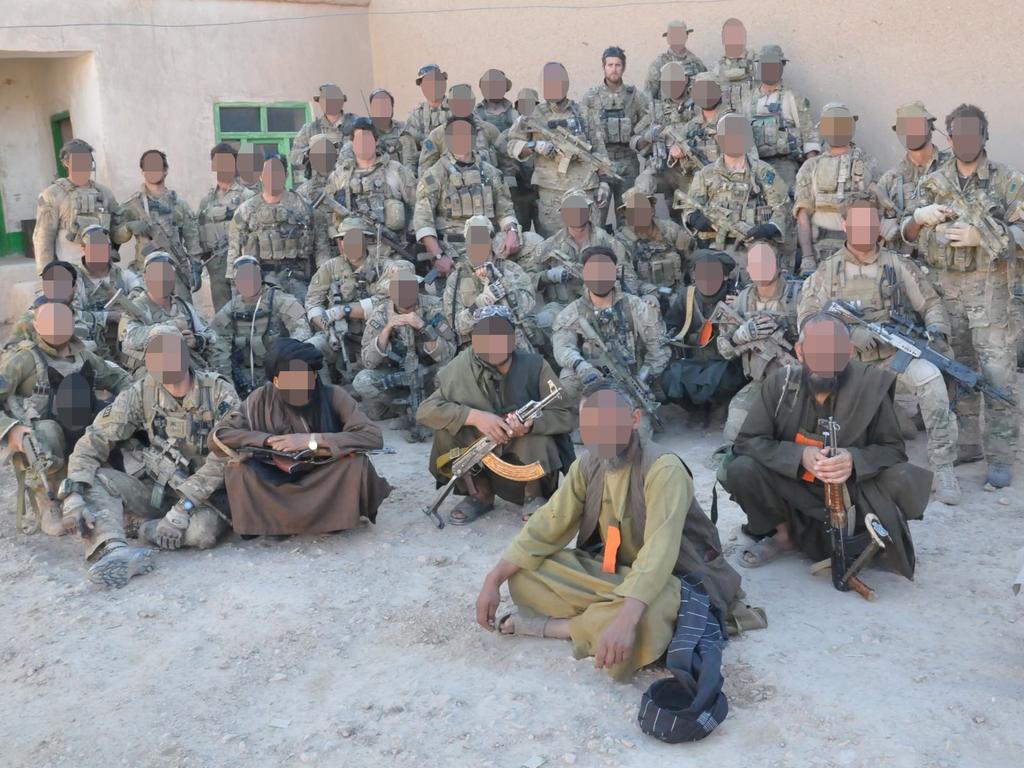Matter of survival can spur brutality

Details of the accusations against Australian SAS soldiers will provoke condemnation, but also raise questions about why elite soldiers could resort to such brutality, seemingly violating the accepted code of conduct in war.
Soldiers with long experience of special forces combat do have an explanation, if not an excuse. War is dehumanising, particularly for those who serve in tight units involved in covert operations where maximum violence and aggression against the enemy are vital ingredients for the success of their mission and their own survival.
One former special forces commander said: “Recognising the incredible burden placed on each individual deployed to just survive through to another day isn’t well understood.”
No excuses were good enough, he said, but to see brutality devoid of context was to ignore the life of soldiers in such units: “solitary, brutish and, for many, short”.
Small, close military groups operating within a special forces bubble can sometimes reinforce a course of action that would seem to those outside as beyond comprehension.
In Iraq and Afghanistan atrocities and war crimes have been committed that have led to doubts about the moral, ethical and legal state of mind of soldiers and units within the US-led coalition. Among the worst were the Abu Ghraib prison abuses in Iraq in 2003 when Iraqi captives were subjected to physical, sexual and other humiliating treatment by US soldiers, much of it filmed.
In Afghanistan on March 11, 2012, US Staff Sergeant Robert Bales went on a rampage and killed 16 Afghan villagers in Kandahar province. He was sentenced to life in prison.
What is disturbing in the Australian case is that the findings suggest this was not a one-off problem but a culture that became embedded. However, the former special forces commander pleaded: “That one group of soldiers acted improperly, probably illegally and absolutely immorally shouldn’t paint all others in the same light.”
Military leaders also have to share the blame. They are supposed to set the moral compass for units under their command.
THE TIMES







The inquiry into evidence of alleged unlawful killings by special forces in Afghanistan will cast a dark shadow over the heroism and courage of tens of thousands of men and women who have served on the front line in Iraq and Afghanistan over the past two decades.